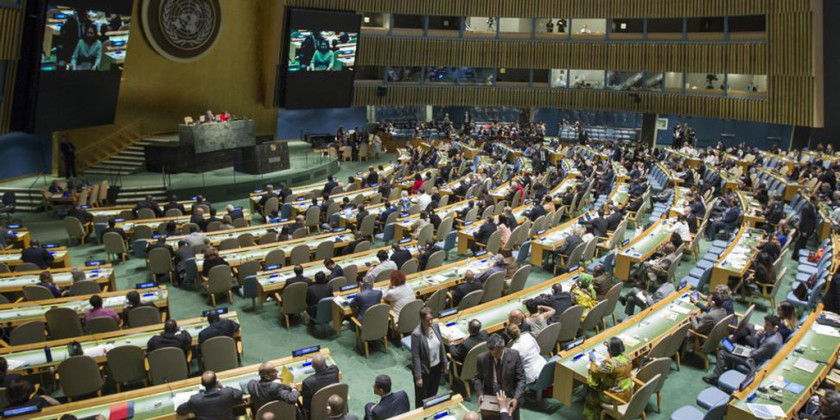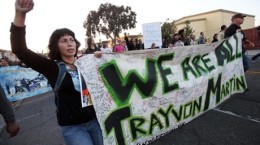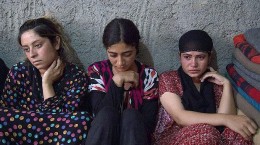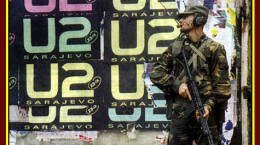History was again made in the UN General Assembly this week when four new non-permanent members of the UN Security Council – Sweden, Bolivia, Ethiopia, and Kazakhstan were selected for a two-year term beginning January 2017. The seat between Italy and The Netherlands was too close to call and the outcome will be determined next week. As mandated by the UN Charter, the Security Council’s primary responsibility is international peace and security.
“The Security Council is also responsible for determining the existence of a threat against peace and to respond to an act of aggression. It is also responsible for finding peaceful means to settle a conflict or a dispute between States. In some cases, the Council can resort to sanctions or even authorize the use of force to maintain or restore international peace and security.
The Security Council also recommends to the General Assembly the appointment of the Secretary General and the admission of new Members to the United Nations.”
For full report & methodology, see UN News Feed: “Sweden, Bolivia, Ethiopia & Kazakhstan Elected to Security Council” below:
After rounds of voting at UN Headquarters in New York on Tuesday, only one non-permanent Council seat remains to be filled. Italy and the Netherlands had been vying for the remaining seat, but the voting yielded no clear winner. The two countries then suggested sharing the two-year term, each with a one-year period, with a decision on this proposal postponed to Wednesday.
Under the UN Charter, the Security Council has the primary responsibility for international peace and security, with all UN Member States required to comply with Council decisions. The Council’s 10 non-permanent seats are allocated according to a rotation pattern set by the Assembly in 1963, to ensure a proportionate representation over time from the different parts of the world: five from African and Asian States; one from Eastern Europe; two from Latin American States; and two from Western European and Other States.
At today’s election, the General Assembly members voted by secret ballot for five seats divided by geographical grouping – two from Africa and the Asia-Pacific region, two from the Western Europe and Others Group, and one from Latin America and the Caribbean.
Bolivia and Ethiopia were chosen by their regional groups and had no competitors. Kazakhstan won the seat reserved for Asia Pacific against Thailand, while Italy, the Netherlands and Sweden had competed for two seats for Western Europe.
The newly-elected countries will replace Spain, Malaysia, New Zealand, Angola and Venezuela.
The Security Council has 15 members, including five permanent. The five permanent members, each with the power of veto, are China, France, Russia, the United Kingdom and the United States. Other current non-permanent members are Japan, Egypt, Senegal, Ukraine and Uruguay.
The Security Council is also responsible for determining the existence of a threat against peace and to respond to an act of aggression. It is also responsible for finding peaceful means to settle a conflict or a dispute between States. In some cases, the Council can resort to sanctions or even authorize the use of force to maintain or restore international peace and security.
The Security Council also recommends to the General Assembly the appointment of the Secretary General and the admission of new Members to the United Nations.
More Stories at DiplomatArtist.com Category Archives: “Global Citizen”




